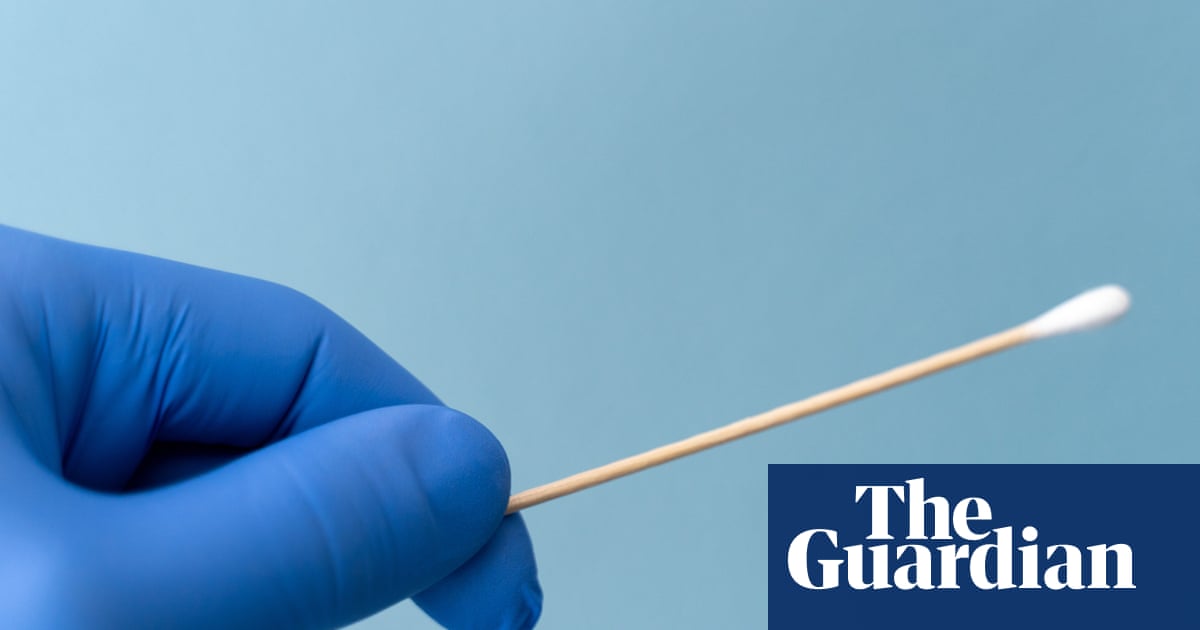
"Arrhythmogenic cardiomyopathy (ACM), which is typically genetic, is responsible for more than 10% of sudden cardiac deaths in children. The condition is caused by abnormalities in the proteins between heart cells, which lead to problems in the structure and electrical activity of the heart. ACM can often develop and strike without warning. But research shows abnormalities in the proteins can also be seen in the lining of the cheeks, which can reveal what is happening in the heart."
"Experts at Great Ormond Street hospital and City St George's, University of London trialled the test in 51 children between three months and 18 years old with a known genetic risk of ACM. They were given cheek swabs every three to six months over a seven-year period. Of the group, 10 went on to develop ACM and eight of the 10 showed abnormalities that were picked up by cheek swabs before other tests."
A two-minute cheek swab can detect arrhythmogenic cardiomyopathy (ACM) up to five years before conventional diagnosis. ACM is typically genetic and causes over 10% of sudden cardiac deaths in children by disrupting proteins between heart cells, affecting heart structure and electrical function. Protein abnormalities also appear in cheek lining, enabling noninvasive detection. A trial at Great Ormond Street Hospital and City St George's tested 51 genetically at-risk children with swabs every three to six months over seven years; eight of 10 who developed ACM showed cheek-swab abnormalities before other tests. Separate testing found additional abnormalities in children without known genetic risk. Diagnosis was confirmed by scans and tests.
Read at www.theguardian.com
Unable to calculate read time
Collection
[
|
...
]